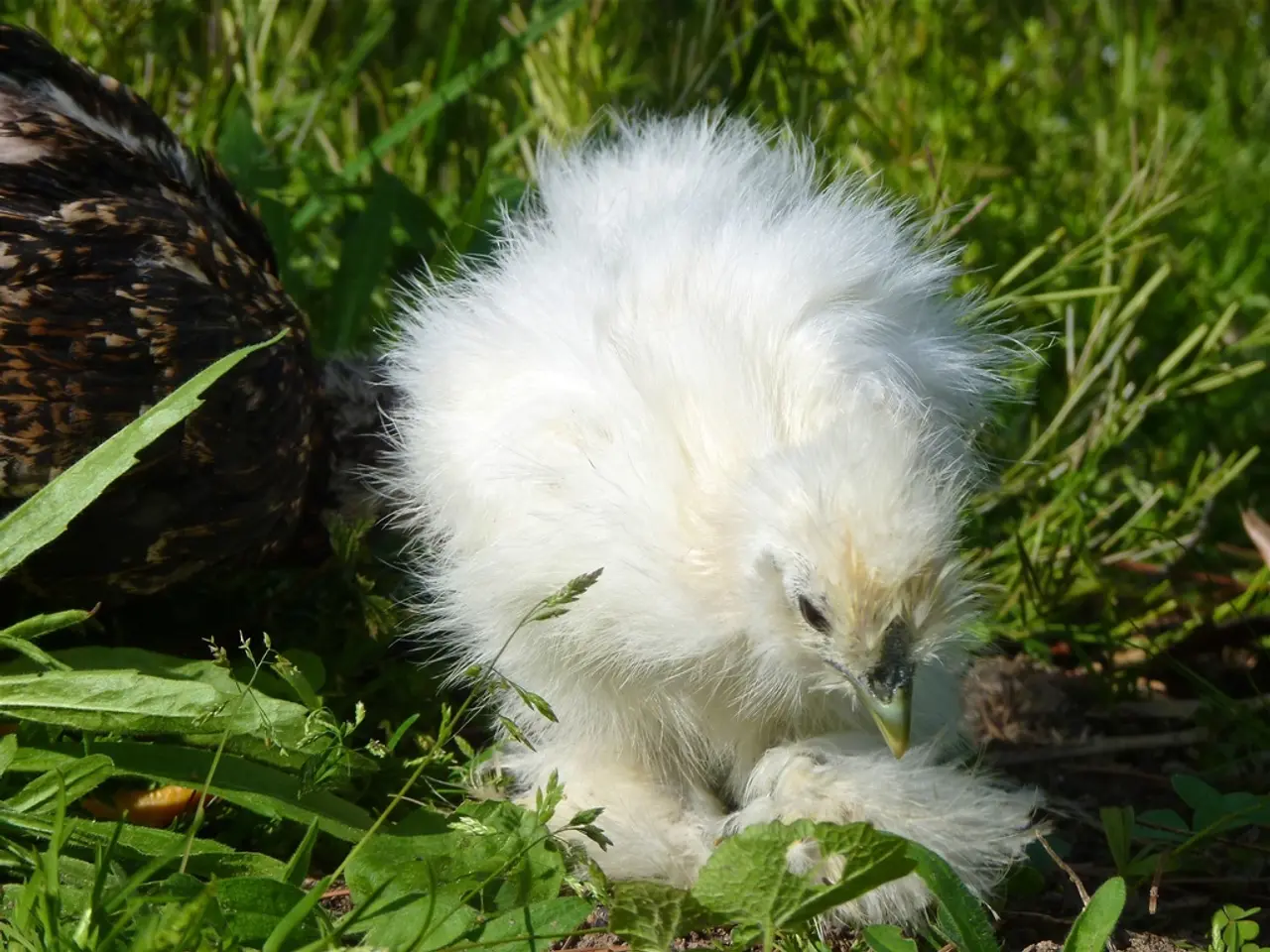Biotech Firm Pursues Advancements Asserting They are Nearing Revival of the Extinct Dodo Bird
In a groundbreaking development, Colossal Biosciences has announced several milestones in its quest to resurrect the extinct dodo bird. The California-based biotech company, known for its work in de-extinction, aims to achieve dodo de-extinction within the next five to seven years.
Colossal's scientists will plot the genetic edits needed to make a Nicobar pigeon into a dodo-like bird, using the Nicobar pigeon as the base template for the project. This marks the first time that scientists have successfully tweaked the germ cells of pigeons, the broad group of birds that the dodo belongs to.
The company has fully sequenced the genomes of the Rodrigues solitaire and the Nicobar pigeon, providing crucial data for the dodo revival project. Colossal's researchers at the Avian Genetics Group have also made history by successfully growing pigeon primordial germ cells (PGCs) in the lab.
To find the optimal formula for growing the edited PGCs, Colossal's researchers tested 300 combinations of growth factors, small molecules, and other ingredients. This painstaking process has yielded promising results, setting the stage for the next phase of the project.
In addition to their work with pigeons, Colossal has bred gene-edited chickens intended to serve as potential surrogates for the dodo and other extinct birds. This innovative approach could bypass the need for cloning, as scientists have to edit the germ cells of birds and breed those edited cells into the next generation to resurrect an extinct bird, unlike mammals that can be cloned.
Colossal's first success in the de-extinction field was the breeding of wolves modified to share some of the genetic makeup of the dire wolf. The trio, Romulus, Remus, and Khalessi, are thriving and are about to celebrate their first birthday.
The company is also planning to bring back and re-wild the woolly mammoth, the Tasmanian tiger, and the dodo bird. To ensure the success of these projects, Colossal is working with local researchers in Mauritius, where the dodo bird lived, as well as researchers from the Mauritius Wildlife Foundation and scientists from various international universities.
Colossal's stated goal is to resurrect 'the key traits and ecological functions of extinct species' using the smallest amount of precise genetic edits possible. This approach could offer a unique opportunity to study extinct species and understand their role in ecosystems, as well as potentially reintroduce these species back into their natural habitats.
As Colossal Biosciences continues to make strides in the field of de-extinction, the prospect of seeing the dodo bird once again roaming the islands of Mauritius may no longer be a distant dream.






